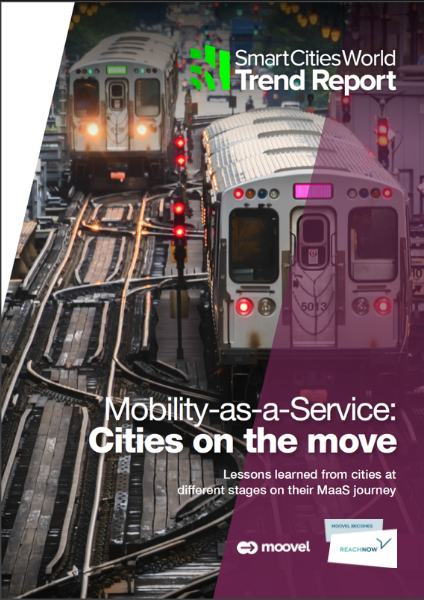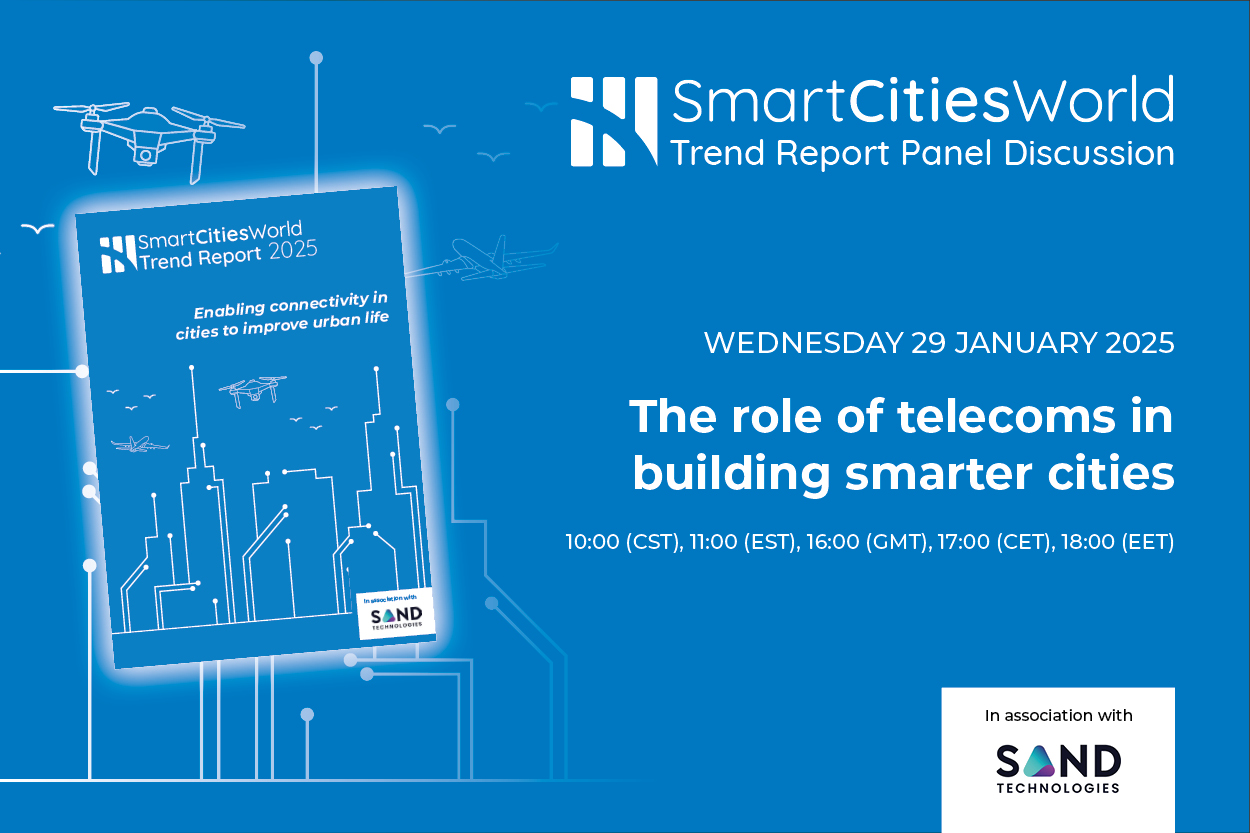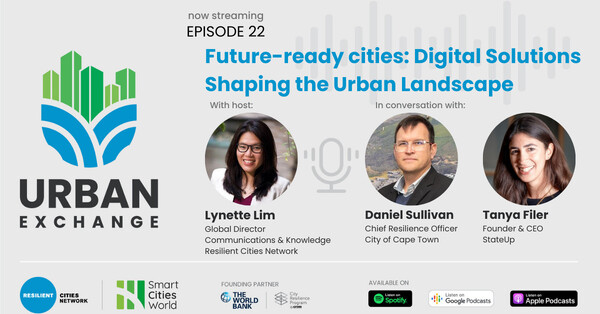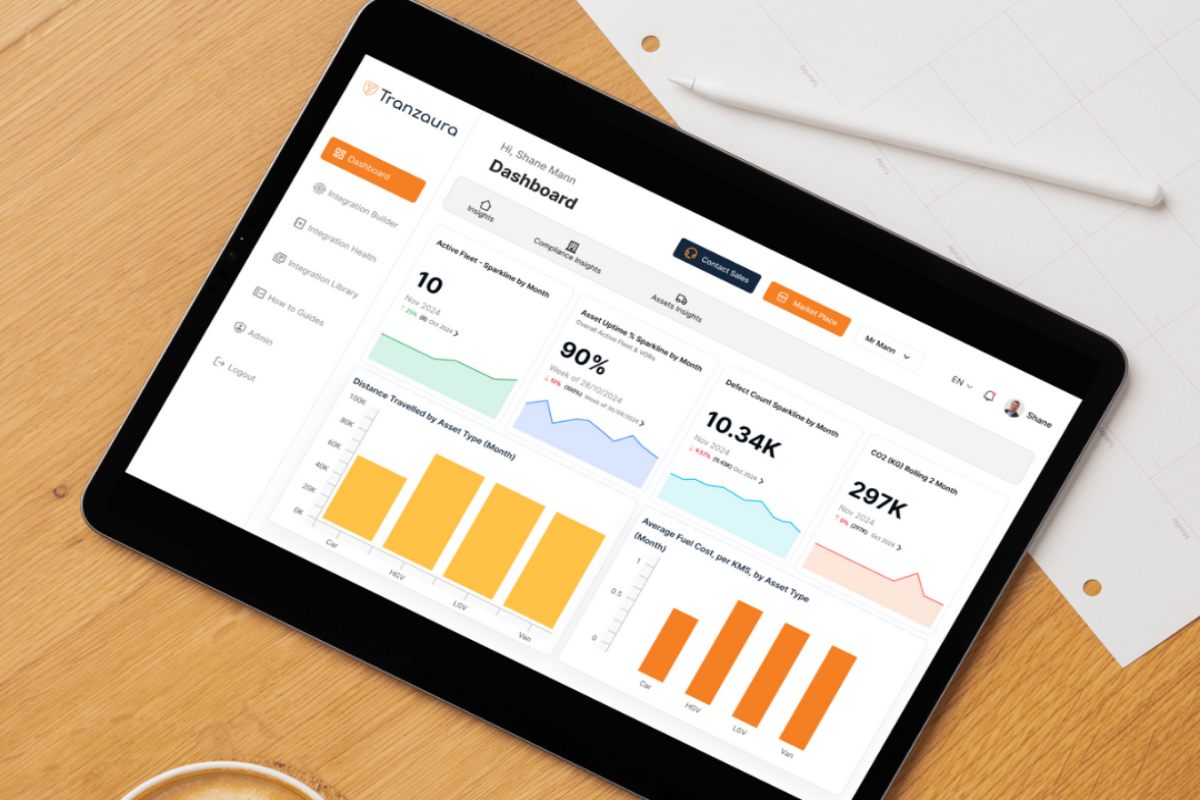Special Reports
SusHi Tech Tokyo 2024: experience ‘Tokyo 2050’ todaySponsored by The SusHi Tech Tokyo 2024 Showcase Program Executive Committee
Trend Report 2019: Mobility as a Service - Cities on the move
This SmartCitiesWorld Trend Report, in association with Moovel (becomes REACH NOW), examines the growing MaaS trend, spotlighting case studies from cities around the world.

City leaders around the world are working to increase mobility as part of the overarching goal to improve quality of life in the places we live and work. Mobility-as-a-Service (MaaS) is central to achieving this.
MaaS brings together the various transportation options in a city – such as public transport, shared bikes, ride-hailing services, on-demand options, etc. – and allows citizens to plan their route, choose their preferred mode of travel and book and pay for everything via one app.
The goal is simplicity but the journey to MaaS is far from simple.
Download this document to find out:
- How cities and transport authorities can get started with making this vision a reality (whatever stage they’re at now)
- The fundamental building blocks to succeeding with MaaS
- How to tackle issues such as regulation, tariffs, data-sharing and unintended consequences
- The role of the city in driving the MaaS approach
- How MaaS can increase the use of public transport, with lessons from cities such as Stuttgart, Karlsruhe, Manchester and Los Angeles
- Innovative funding and business models that can help to make MaaS a reality
- Where next for MaaS?
This Trend Report on MaaS was produced by SmartCitiesWorld in association with moovel (which will soon become Reach Now)


















